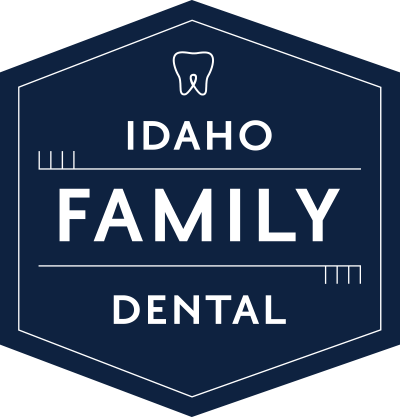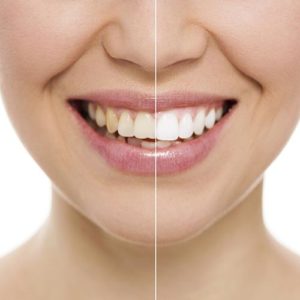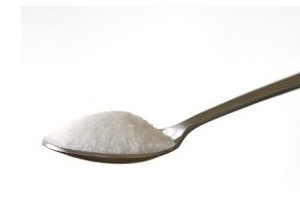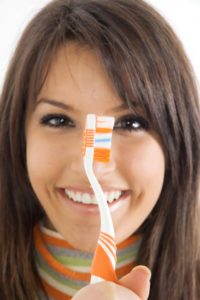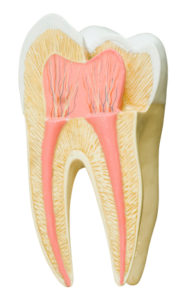 Most of us wander around thinking that teeth are made of bone, the same ingredients that shape all of the bones in our body. It’s easy to understand why. Both bones and teeth are white, and they are difficult to break.
Most of us wander around thinking that teeth are made of bone, the same ingredients that shape all of the bones in our body. It’s easy to understand why. Both bones and teeth are white, and they are difficult to break.
Did you know that teeth and bones are not made of the same substance? They aren’t. In fact, your teeth are amazing–even though they are really not bone. Keep reading for more information about your amazing teeth.
What Are Teeth Made Of?
Teeth are made of a combination of things. Teeth are made mainly of calcium and phosphorous. Bones are also made of calcium, but they are comprised of collagen. Teeth are actually stronger than bone. In fact, teeth are the strongest part of your body.
Teeth are made of dentine. The hard tissue dentine is then covered by enamel, which is another hard substance. The very center of the tooth is made of pulp. That tooth pulp houses the blood vessels and nerves that keep the tooth alive and healthy.
Teeth have several advantages over bone. Perhaps the biggest advantage is that teeth keep themselves white–which makes them different than bones. Bones can yellow with age. Luckily for you, teeth don’t. Unless you stain them with food, caffeine or tobacco, they will remain white for life. Teeth can also exert more pounds per square inch in terms of biting surface–talk about strong!
Even though your teeth are strong, they are not indestructible. Unlike bone, your teeth cannot repair themselves when they break. Instead, we have to do that for them. We have to keep teeth healthy and strong because they are the only teeth we get once the baby teeth are gone.
Do you have questions on how your teeth are made? Why not give us a call, and let us give you more information on how your teeth are made, and how you can protect them?
